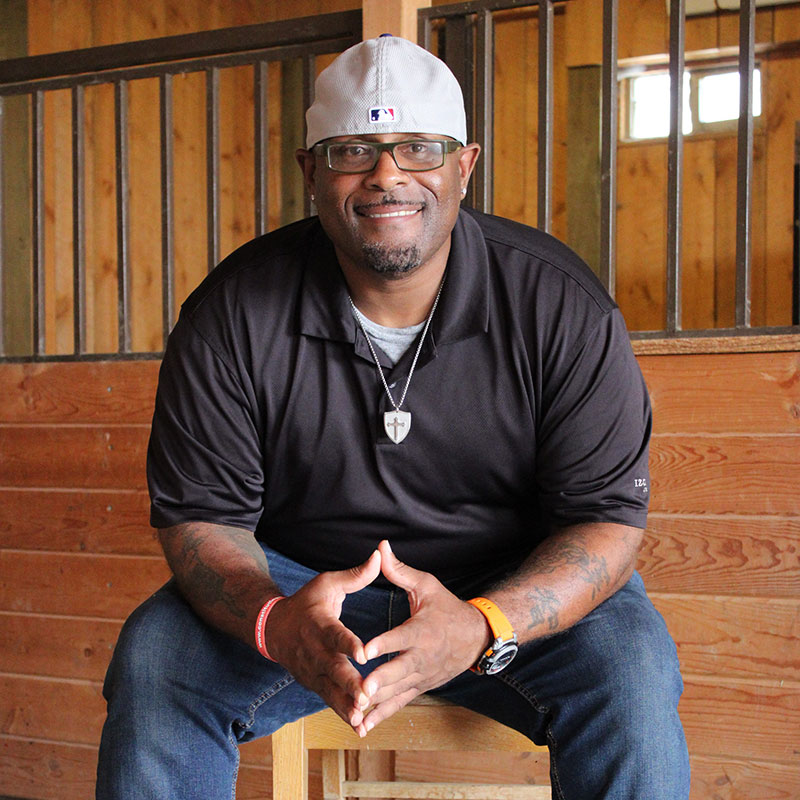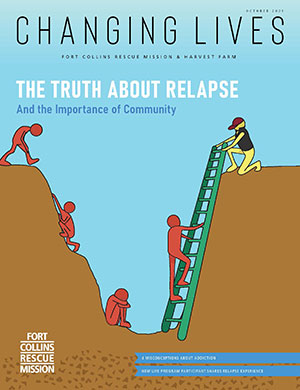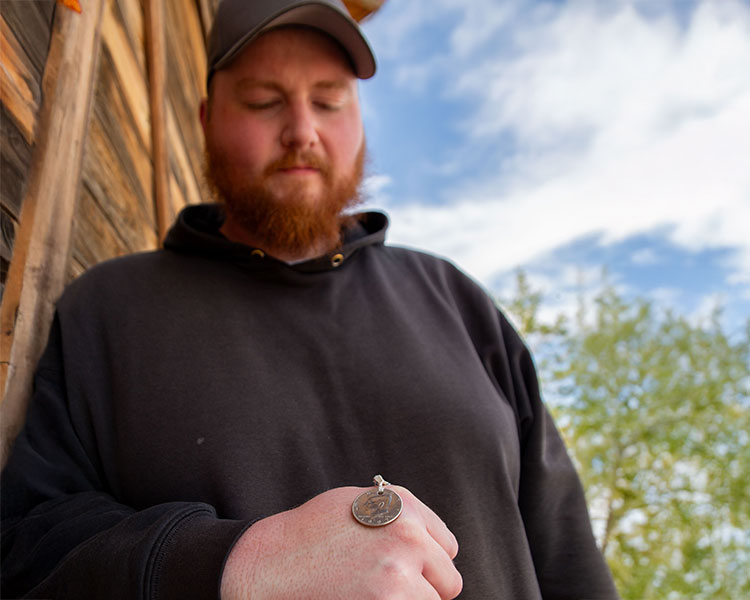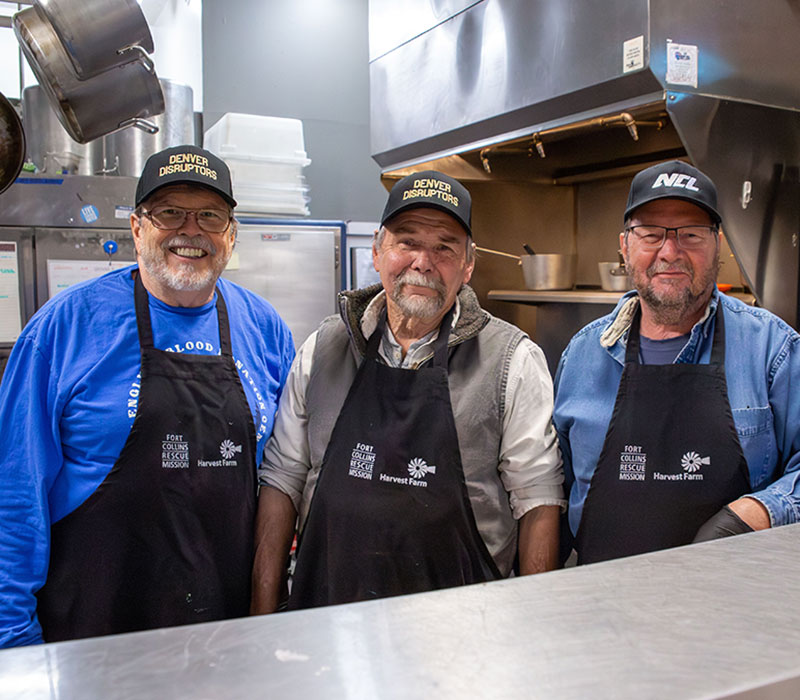Relapse is a harsh reality for many who come to us for help, but with the right coping mechanisms and a strong support system, it can be prevented. There are many misconceptions about relapse that place blame on an individual’s lack of strength or desire to resist addiction, but that is often not the case.
In this month’s newsletter, we share four common misconceptions and the way the New Life Program (NLP), Fort Collins Rescue Mission’s rehabilitation program for men, steps in to help participants prevent relapse in the future.
Misconceptions About Relapse
1. Relapse is a sign of weakness or lack of willpower.
Many people view addiction as a moral failure instead of a behavioral health issue. The truth is that addiction is an ongoing disease that needs to be managed. According to the Hazelden Betty Ford Foundation, drug use increases the release of a chemical called dopamine. Over time, if dopamine is regularly present, the brain attempts to balance things out by producing less dopamine. At that point, the brain relies on substances to trigger the release of dopamine instead, which is when drugs and alcohol start to feel normal.*
2. Relapse happens out of the blue.
Usually, there are many signs and indicators that an individual is falling into old patterns of behavior and thinking. Linda Elliott, a licensed professional clinical counselor who teaches recovery-based classes for the NLP, said the program helps participants look at their last relapse and learn from it. “If they can identify their triggers, they can identify what their state of mind was, and we help them connect the dots,” she said.
During counseling sessions, participants write relapse prevention plans to recognize triggers and come up with health alternatives. “We encourage them to carry those around with them, because in the heat of the moment, they may not remember what all their options are to respond in a healthy manner,” Linda said.
3. There’s a cure for addiction.
Addiction is chronic, and there is no cure.* “It’s not a matter of if somebody’s going to be triggered, it’s a matter of when,” Linda said. The NLP classes focus on four aspects of recovery: physical, mental, emotional, and spiritual. We stress the importance that participants need to be pro-active about self-care on all four of those levels.
4. Preventing relapse can happen alone.
Addiction is a disease of isolation. “If it can get you isolated, then it can tell you all kinds of things,” Linda said. We encourage participants to form a healthy community while in the program and maintain those relationships after graduation. Each participant has a “care team” which includes a chaplain, case manager and counselor. In addition, participants attend Bible studies, classes and group counseling and are paired with volunteer mentors. “[We] help them learn to function in a community where there is no substance use,” Linda said. “They learn how to behave differently and make different choices in a safe environment. [After graduation], the people around them will be able to sense a change in their behavior and hold [them] accountable in a loving way.”
*Source: HazeldenBettyFord.org
Relapse Happens

Chris struggled with a methamphetamine addiction that started in 2004. He joined the New Life Program (NLP) at The Crossing in 2017 and relapsed about six months after graduating. This was largely because he didn’t stay immersed in a healthy community. Now, he is an NLP participant at Harvest Farm and is determined to maintain the relationships that will keep him accountable as he starts a new life of sobriety.
“I wasn’t working and was considered disabled. It kind of hit me, wow, I have nothing. At least that’s what I was telling myself. I allowed that to be my truth.
There was no real conscious thought of, I’m going to go out and use. It slowly progressed to [me] not feeling well. I didn’t have a community, and that just gave way to everything.
At first, I was telling myself that I’ll just do it on the weekends or once a week. Of course, that’s a lie that every addict or alcoholic will tell themselves. It turns into every day.
I remember sitting in my room. You know how you can delete numbers from your phone? But then, oh wait, they’re backed up to something else, like an email account. I found myself thinking about it, but then I was like, don’t do it, don’t do it, don’t do it. You got rid of those numbers for a reason. Don’t go on Facebook looking for this person. You blocked all those people for a reason.
Then, after a couple of months of wrestling with that, I remember one day really looking hard for those numbers. That seed was planted and I just let it grow. Next thing I knew, I was reaching out. And that’s how it happened.”
Relapse by the Numbers
1
The number one reason participants leave the NLP is because of substance use.
50%
The percentage of participants with addiction issues who say alcohol is their primary drug of choice.
75%
The percentage of participants who maintain sobriety one year after graduating from the program.
At the Mission, we believe anyone can be freed from the bondage of addiction.
Your support is helping men combat this destructive disease and gain a healthy, supportive community. Help prevent relapse for Chris and so many others by giving today.








